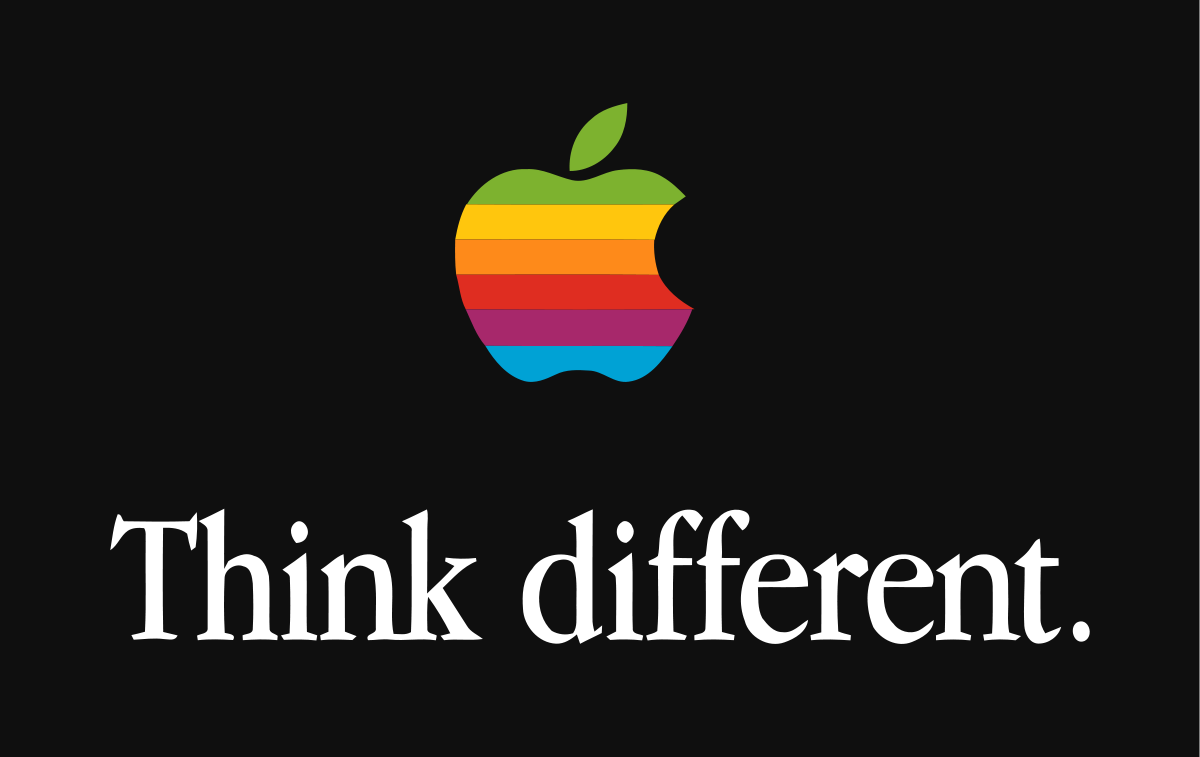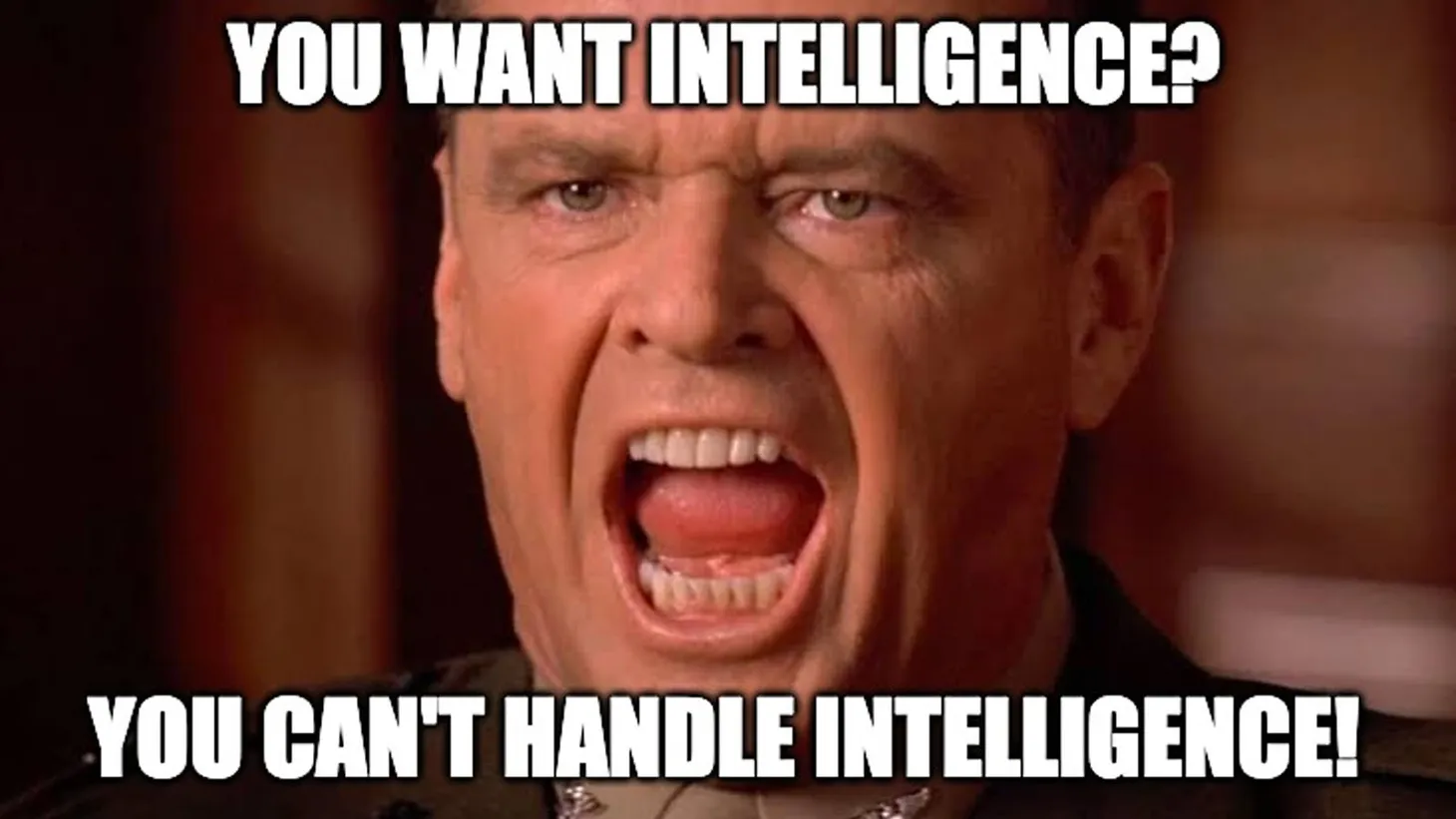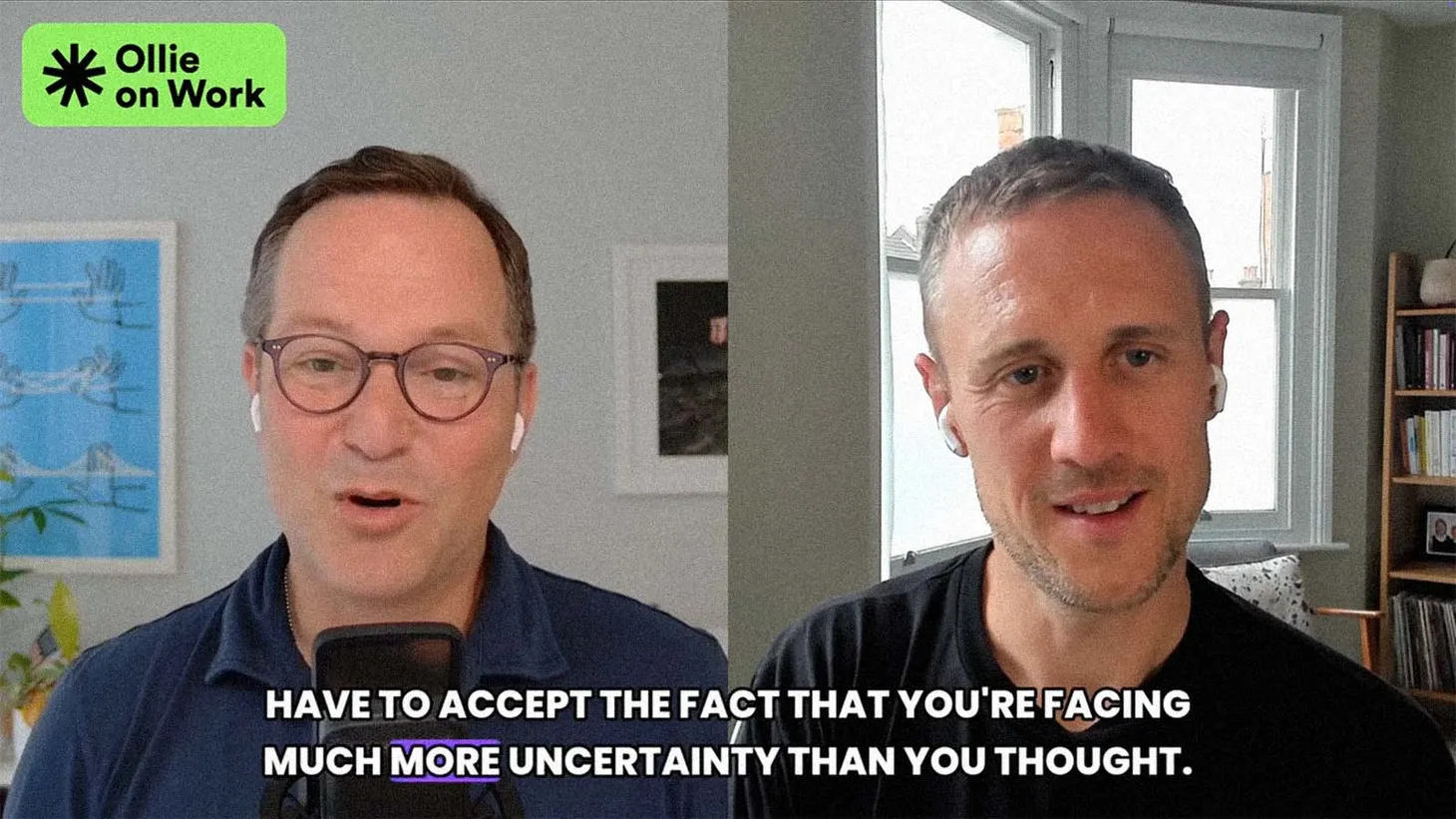Remote Bureaucracy
Offices are dissolving because companies are dissolving.

Offices are dissolving because companies are dissolving.
An office is where work gets done. The word originates from the Latin opus (work) and facere (to do). But the office is also where work is generated and shaped — where unnecessary things are done and where process and hierarchy expand to serve no purpose other than their own expansion.
This lack of purpose inspired many wonderful films and TV shows, from The Apartment and Office Space to The Office and Severance. In their own way, each depicts people who spend their days on things that don't matter.
The French know something about what really matters. Perhaps that is why they use the word bureau to describe the workplace. Bureau has a more interesting etymology. As Elting Morison points out in Men, Machines, and Modern Times:
the root of the word is the Latin word burra. Burra means sheep shearings. Since sheep shearings are woven into cloth, and cloth in the old days was put on top of desks, and since desks were used in the administration of empires, desks became bureaucracy.
Bureaucracy is essentially a form of "government by office" or "management through desks." The office is not just a place to work. It is the physical embodiment of an economic moment in time. It is the product of a world where standardized education produces standardized employees. Where people lead "normal" middle-class lives by fitting into clearly-structured organizations. And where organizations produce linear output through consistent effort.
Writing in 1966, Morison saw offices as computers of sorts:
bureaucracy... is a data-processing machine... It is a computer system... it is designed to take in and digest different pieces of information in far greater quantity than the human head alone can hold and produce from this mass of differentiated data, a useful synthesis.
This type of computer made offices (and factories) essential in the 20th Century. They imposed structure and helped iron out individual kings and differences. In some sense, offices and the organizations they embodied were engaged in a spiritual battle against individuality. It was efficient, but it came at a cost:
Though [man] has the urge for order and safety, [they] also persist in inconsistency and the disorderly and even dangerous conduct out of which come so many of the truly imaginative and original works of man. Within the bureaucratic system is a spirit antagonistic to this part of man.
Elting was writing in 1966, so we can replace "man" with "people." Offices and factories were good at "doing the same thing" better and faster. They were less good at empowering people who wanted to do different things or wanted to do the same things differently. That's why Apple's 1990s campaign was considered to be so bold and radical:

"Think Different" sounds corny and evident in our networked, globalized, post-industrial, post-Covid economy. But 25 years ago, you could still say it without irony and consider yourself cool.
A lot has changed since then. Offices have changed, and many people no longer spend whole days within them. We ascribe the current upheaval in office markets to the feasibility of remote work. People "scaped" from the office because they could. But there is a deeper reason. The corporations themselves need people to work differently.
In the past, the office and corporate bureaucracies were tasked with turning idiosyncratic humans into standardized cogs. Today, the companies themselves need people to be idiosyncratic. Corporate success is no longer about throwing the highest quantity of resources into a meat grinder. As I pointed out in Betting the Firm:
...in the 21st Century, the biggest challenge is not how to get things done more efficiently; instead, the challenge is figuring out what to do. And the relationship between economic inputs and outputs is no longer linear.
Consider the difference between early 20th Century Ford Motors and early 21st Century Google. Ford knew that adding an X number of employees and building Y more production lines could (reasonably) predictably produce and sell an additional Z number of cars.
But Google didn’t know that asking Paul Buchheit to tinker with email would end up producing Gmail or that hiring Krishna Bharat would ultimately lead to the invention and development of Google News. Hiring X more engineers and setting up Y more workstations would not necessarily increase the company’s revenue.
In a world of non-linear output, companies need to be more flexible, to experiment with different people and projects. This was bound to affect the office market and the shape and structure of corporations. In Rethinking Real Estate, I wrote about the coming "Unbundling of the Corporation":
Creative and highly specialized jobs will grow in demand, but they will also grow on demand. Many jobs will not be stable or, more accurately, they will not be jobs at all. Professionals will be called upon to contribute to specific projects and join teams for set periods of time. This will happen both within and outside of corporations.
In 2019, this was considered a bold prediction. Today, it is quickly becoming obvious. Last week, The Economist published an article on "how technology is redrawing the boundaries of the firm." The piece provides data showing how
- Companies are hiring more part-time employees, independent contractors, and off-shore employees
- Skilled jobs are "flowing" towards rural areas and smaller metros
- Cross-border service exports are on the rise — from countries such as Poland, China, India, and Indonesia, to countries such as the US and UK.
- Firms are becoming larger despite relying more heavily on outsourcing and contractors.
The Economist found that last point surprising — firms are shedding different activities and growing. But it makes perfect sense. That, too, was predicted and described in my book:
To deal with [uncertainty and non-linear production], companies are starting to resemble networks or ecosystems, rather than clearly defined entities.
This unbundling is enabled, once again, by reduction in transaction costs. In the past, it was too expensive to find, vet, recruit, transport, and pay a new group of team members for each corporate project. Today, technology makes it easier and (often) more profitable to identify, contract, and coordinate a group of ideal professionals for a set period of time.
Amazon is divided into dozens (perhaps, hundreds) of small teams that are working on experimental projects with no knowledge of what other teams in the company are working on. Some teams are even working in parallel on similar products or solutions to the same problem. Successful teams end up developing new products such as the Amazon Echo, Web Services, or Kindle. Other teams dissolve back into the organization (or the labor market).
More and more companies are adopting similar models. Does this mean the end of big business? No—Amazon, Apple, and Microsoft are some of the largest companies ever. But it does mean that even within giant companies, there will be fewer large, homogenous teams working together in a single loca- tion over long and predictable periods.
Note that all this was happening even before Covid. The Economist is notable for noticing such trends after they become apparent, and illustrating them with great data and concise prose. People who want to know things in advance read newsletters.
Also note that changes in corporate structure happened before the explosion of remote work. It took a Covid-like event to reshuffle bureaucracy's physical embodiment. But even without a global pandemic, it was clear that something was triggering a physical reshuffling. That reshuffling in the most quoted paragraph from Rethinking Real Estate:
"the office of the future is not a single location; it is a network of spaces and services. The network must include spaces designed for the performance of specific tasks such as focused work, team brainstorming, client presentations, employee training, meetings, and more."
We are witnessing the most dramatic economic realignment since the Industrial Revolution. It will affect how and where work gets done, and, in turn, it will reshape the physical landscape in ways that we are just starting to understand.
Join me later today for a conversation with Gensler's Steven Paynter about some of that "reshaping" — the conversion of offices into apartments. I'll also share the recording once it's available.
Old/New by Dror Poleg Newsletter
Join the newsletter to receive the latest updates in your inbox.




